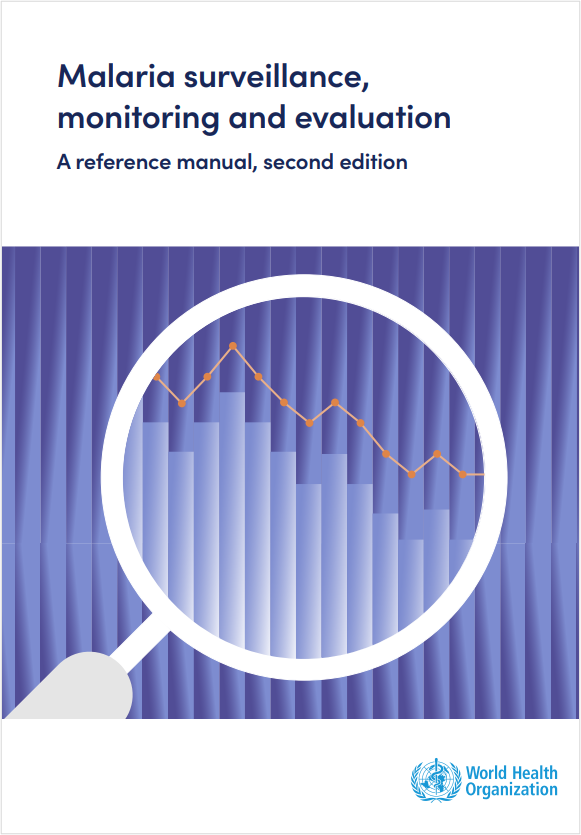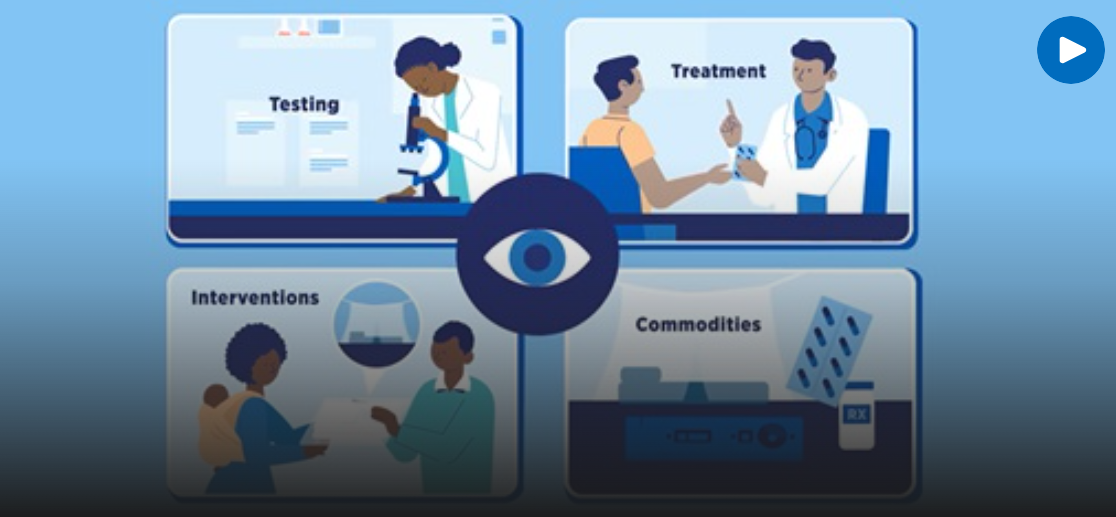Last Updated: 21/02/2024
Surveillance Core
Objectives
To provide more detailed and precise data that will be used to monitor trends in the burden of malaria, estimate the impact of control interventions, and provide clinical data and specimens for the three inter-related research projects (Resistance, Epidemiology and Transmission projects).
University of California San Francisco (UCSF), United States
Significant progress in malaria control has been realized in the last decade due to increased access to proven malaria control interventions, including insecticide-treated bed-nets, indoor residual spraying with insecticides, improved case management with artemisinin-based combination therapies, and use of drugs to prevent malaria in high-risk groups (chemoprevention). With the improved control, reliable surveillance is essential to monitor the impact of control interventions. Our existing PRISM program has conducted comprehensive malaria surveillance using different methodologies across a variety of epidemiological settings in Uganda. This work has greatly contributed to our understanding of optimizing approaches to malaria surveillance in Uganda and other malaria endemic countries. Building on experience gained, we propose to continue key components of our malaria surveillance work with more intensive longitudinal evaluations as part of a shared resources core (Surveillance core). We will add new activities to provide more detailed and precise data that will be used to monitor trends in the burden of malaria, estimate the impact of control interventions, and provide clinical data and specimens for our three inter-related research projects (Resistance, Epidemiology and Transmission projects).
We will conduct health facility-based malaria surveillance at 21 government health centers throughout Uganda where different population level control interventions are being implemented to monitor trends in malaria epidemiology. Individual level data will be collected from all patients who present to the outpatient departments including whether they have suspected malaria, whether they underwent laboratory testing for malaria, the results of laboratory testing, and antimalarial prescription practices. In addition, we will periodically collect specimens from these sites for the testing of markers of drug and insecticide resistance as part of our Resistance project. We will also conduct detailed longitudinal cohort studies in 3 sites with differing malaria epidemiology to measure the incidence of malaria, and collect clinical data and biological specimens to support our three research projects. Finally, we will conduct detailed entomological surveys at our longitudinal cohort sites to generate data on the intensity and characteristics of transmission at the individual household level as well as provide mosquito specimens to be used in our three research projects.
Jul 2010 — Mar 2024
$276,223


